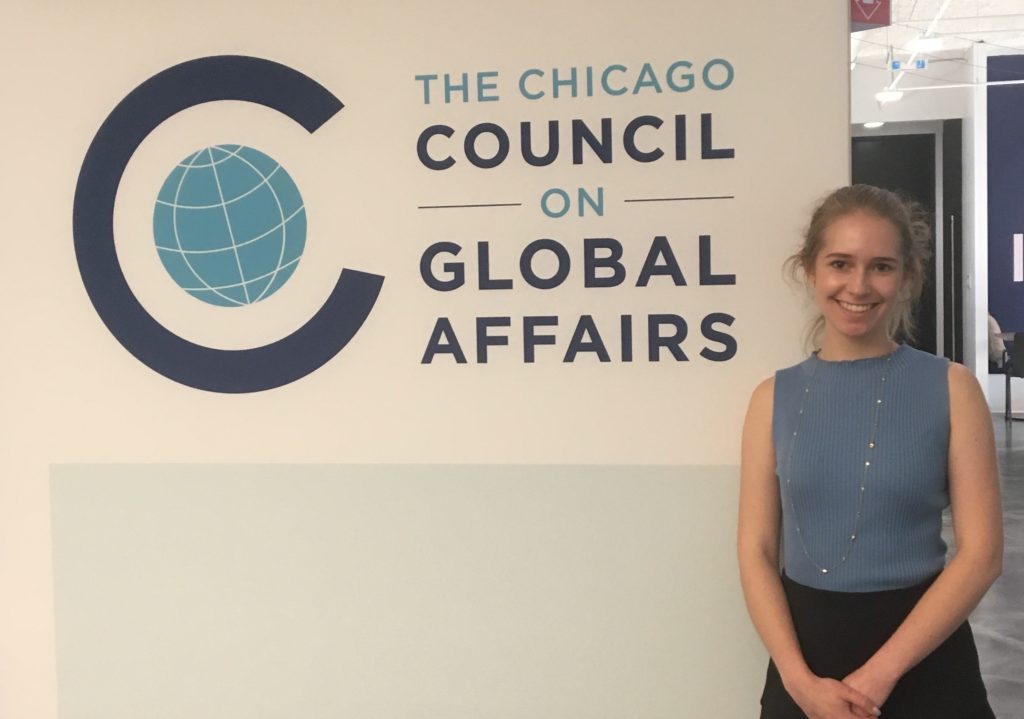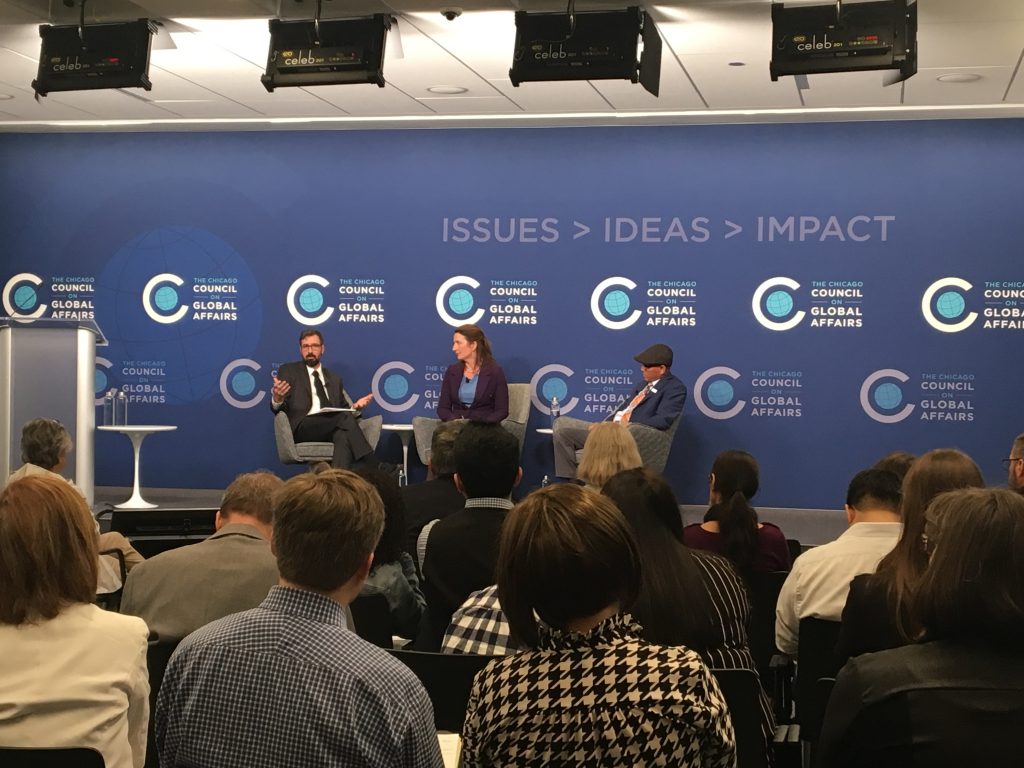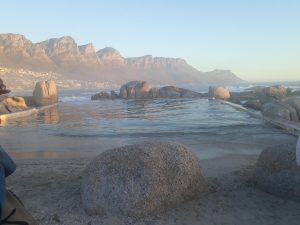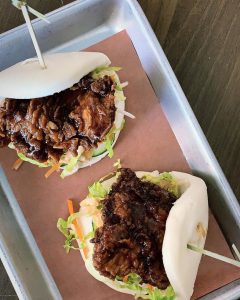Name: Lille van der Zanden
Class Year: 2020
Major: Growth and Structures of Cities
Hometown: Chicago
Internship Organization: The Chicago Council on Global Affairs
Job Title: Global Cities Intern
Location: Chicago

What’s happening at your internship?
As a global cities intern on the studies team, I have been primarily assisting with ongoing projects. This includes drawing out major themes from workshop notes, structuring briefs, gathering sources for literature reviews, and scavenging for available ridership data online. When I have spare time, I also have been working on my own global cities blogpost to be posted on the Council’s website. In addition to my office work, I had the incredible opportunity to help out at the Council’s annual Pritzker Forum on Global Cities and hear mayors, business leaders, and changemakers from around the world share best practices and visions for the future of cities. I also assisted with a talk on water and sustainability as well as the Council’s young professionals pub quiz night.
Why did you apply for this internship?
When I studied abroad in Berlin last fall and traveled to various cities, I saw how the form and culture of international cities were in constant dialog with one another. This generated an interest in the interaction among global cities and a desire to understand how this dialog could be used as a tool for global change-making. As such, the opportunity to work on a research team at a think tank exploring these exact ideas seemed like a perfect fit. In addition to my interest in the subject matter, I wanted to gain a better understanding of what it was like to work in a think tank and how its outputs impact various decision-makers.
What is most rewarding about your internship?
It has been incredibly rewarding to see how much the skills I have gained from my time at Bryn Mawr and in my major are already paying off and enabling me to make an impact. Everyday, I’m drawing on my critical thinking skills that I developed not only in my Cities courses, but also from many other departments like English and Political Science. The interdisciplinary nature of the Cities major has allowed me to draw from so many different areas and gain comfort with looking at topics from many different angles, which enhances the quality of my work and analysis. Being able to keep up with and participate in discussions with various experts and leaders in my field at this point in my career has been very reassuring and has further strengthened my confidence in my ideas and my voice. To have my input valued and to be able to contribute to this dialog has been a truly empowering experience and has further fueled my desire to be a leader in this field in the future.
Can you talk about the skills you are learning and why they are important to you?
Through my day-to-day tasks, I have been becoming more comfortable presenting information and resources to various audiences and writing in different formats. This was an important priority for me so that I am able to reach a wide range of audiences from a variety of platforms. In addition, after participating in the Leadership Learning Lab led by the Career & Civic Engagement Center this past spring, I made it a priority to work on my connection skills in the workplace, whether that be in a meeting or at lunch with a colleague. I’ve found great satisfaction in working on this skill, as I have learned so much from the people around me and those relationships keep me smiling and energized throughout the workday.



